Sexual Misconduct in Australian Politics: Is Gareth Ward’s Case an Outlier or the Tip of the Iceberg?
Gareth Ward's sexual assault conviction exposes deep cracks in Australian politics. Is this an outlier or the tip of an iceberg? Investigate power abuse, legal accountability, and the fight for systemic reform as this landmark case reshapes public trust and demands urgent change.
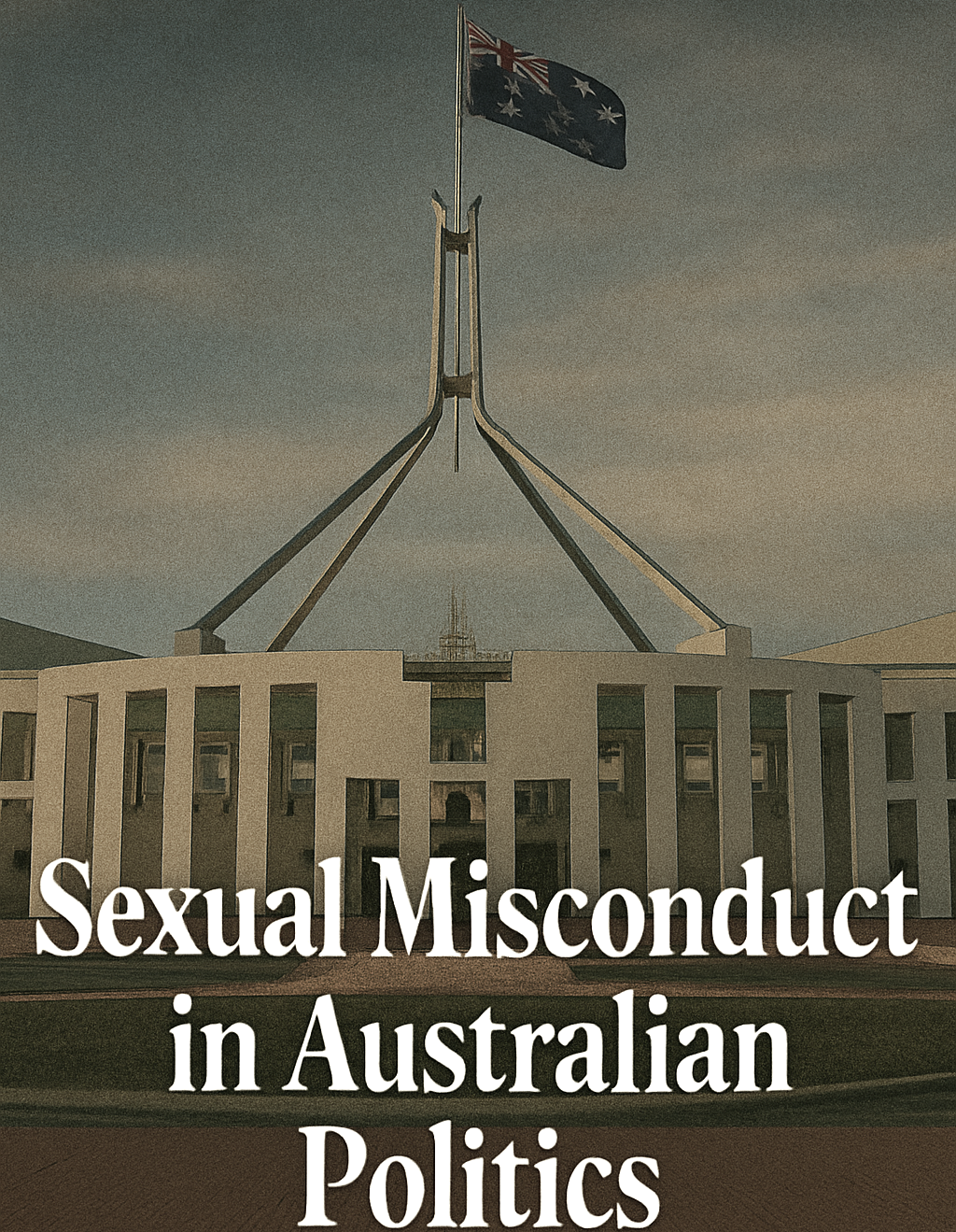
Written by Lavanya, Intern, Allegedly The News
KIAMA, NSW, July 25, 2025
The recent conviction of New South Wales independent MP Gareth Ward on charges of sexual assault and indecent assault has sent shockwaves through the Australian political landscape. Once a rising star in the Liberal Party, Ward's fall from grace is a stark reminder of the dark underbelly that can exist within positions of power. While some might dismiss this as an isolated incident, an investigative deep dive reveals a more concerning picture, prompting a critical question: Is Gareth Ward's case merely an outlier, or does it signal a systemic issue of sexual misconduct lurking beneath the polished surface of Australian politics?
The Rise and Precipitous Fall of Gareth Ward
Gareth Ward's political career began with promise. Born in Gerringong, New South Wales, Ward entered local politics at a young age, becoming the youngest-ever councillor on Shoalhaven City Council in 2004 at just 22. His dedication and drive saw him quickly ascend, securing the seat of Kiama in the NSW Legislative Assembly for the Liberal Party in 2011. He held various significant roles, including Parliamentary Secretary for the Illawarra and South Coast, and later for Education. His career peaked when he was appointed Minister for Families, Communities and Disability Services in the second Berejiklian ministry in 2019, a portfolio that placed him in a position of significant trust and responsibility.
His political identity was also shaped by his public openness about living with albinism and being legally blind, attributes that often garnered public sympathy and admiration for his perceived resilience in overcoming challenges. However, behind this public persona, a darker narrative was unfolding.
The first whispers of trouble emerged in May 2021, when Ward resigned from his ministerial portfolio and moved to the crossbench, identifying himself as the subject of a police inquiry by the child abuse and sex crimes squad of the New South Wales Police Force. He vehemently denied the allegations at the time, a stance he maintained throughout the lengthy legal process.
A Chronology of Legal Proceedings and the Justice System's Scrutiny
The legal proceedings against Gareth Ward have been a protracted and intense affair, drawing considerable public and media attention.
- May 14, 2021: Ward resigns from his ministerial position and the Liberal Party, moving to the crossbench as an independent, after publicly stating he is the subject of a police investigation into sexual abuse allegations.
- March 22, 2022: Ward is formally charged with three counts of indecent assault, one count of sexual intercourse without consent, and one alternate charge of common assault. The charges relate to alleged incidents involving an 18-year-old man in Meroo Meadow in February 2013 and a 24-year-old man in Sydney in September 2015. He is granted conditional bail. Premier Dominic Perrottet calls for his resignation from Parliament.
- March 24, 2022: The NSW Legislative Assembly unanimously passes a motion to suspend Ward from parliament until the end of that term in March 2023.
- August 19, 2022: Ward is committed to stand trial for sexual and indecent assault.
- May 27, 2025: Ward’s trial commences in the Downing Centre District Court before Judge Kara Shead. Ward pleads not guilty to all charges.
- July 25, 2025: After a nine-week trial, Gareth Ward is found guilty of sexually abusing two young men. The jury convicts him on three counts of indecent assault and one count of sexual intercourse without consent. He is granted conditional bail and is awaiting sentencing.
The justice system's handling of the case has been thorough, reflecting the gravity of the allegations. The extensive nine-week trial allowed for a comprehensive presentation of evidence and testimonies. The prosecution meticulously built its case, relying on the accounts of the two victims. Key testimonies from the complainants detailed the alleged incidents, painting a clear picture of the non-consensual nature of the encounters. While specific details of the evidence that swayed the jury or judge are not publicly available at the time of this report, the verdict indicates that the prosecution successfully established guilt beyond a reasonable doubt. This outcome highlights the justice system's capacity to hold individuals, even those in positions of power, accountable for criminal conduct. It underscores the principle that no one is above the law, a crucial element for maintaining public trust in governance.
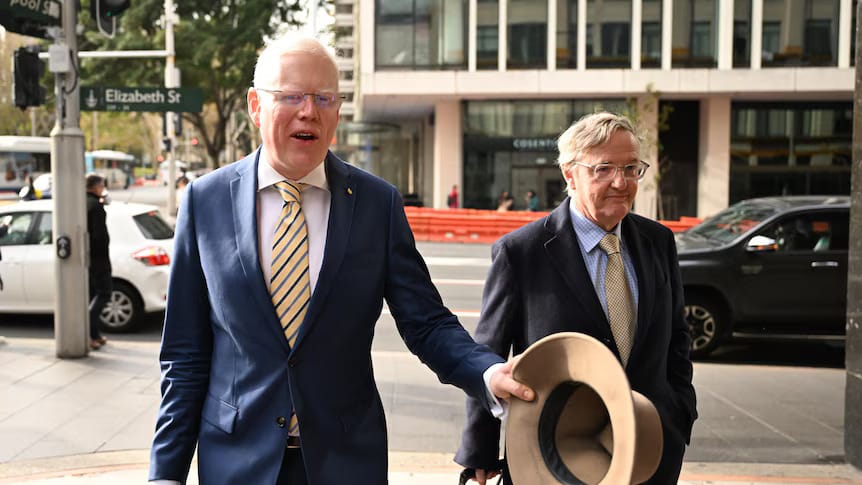
Reactions from the Political Sphere and Public Outcry
The conviction of Gareth Ward has elicited strong reactions across the political spectrum and among the Australian public.
From fellow Members of Parliament, the immediate response has been a mix of condemnation and statements reaffirming the importance of accountability. Mark Speakman, the Leader of the Opposition in the NSW Assembly, stated he would respect the verdict and the robust process that delivered it, adding that "what any victim of sexual abuse endures is appalling and their strength in coming forward can't be overstated." He further emphasized that there is "no excuse for the criminal behaviour... a complete abuse of power which has no place anywhere, let alone by those entrusted by the public to represent them." This sentiment reflects a general agreement among major parties that such conduct is unacceptable and corrosive to public trust.
Political parties, particularly the Liberal Party from which Ward was suspended, have been quick to distance themselves from his actions, emphasizing that his crimes do not represent their values. However, the incident invariably casts a shadow, prompting internal reflections on vetting processes and internal complaint mechanisms within political organizations.
The Australian public's reaction, amplified across social media platforms, has been one of outrage and a strong demand for justice. There is a palpable sense of betrayal that an elected representative, entrusted with public welfare, could be found guilty of such egregious acts. Victim support groups and advocates have widely welcomed the verdict, seeing it as a significant step towards greater accountability for perpetrators of sexual violence, especially those in positions of authority.
Legal and Parliamentary Implications: The Road Ahead
Ward's conviction carries significant legal and parliamentary implications. Under Australian law, a person convicted of an offence that could be punished by imprisonment for one year or more, and who has not yet completed serving their sentence by the time of nomination, is disqualified from standing for Parliament. While Ward was re-elected as an independent MP for Kiama in the 2023 state election while on bail and awaiting trial, his current conviction now triggers more severe consequences.
One immediate implication is the potential expulsion from Parliament. An MP's seat is typically declared vacant if they are jailed for more than five years. Given that some of the charges against Ward carry a maximum prison sentence of 14 years, a custodial sentence of over five years would automatically lead to his expulsion. Even if the sentence is less than five years, the NSW Parliament retains the power to expel a member for serious misconduct or for bringing the institution into disrepute. This would likely be a strong consideration, especially given the widespread public condemnation.
Should Ward be expelled or resign, a by-election would be triggered in the electorate of Kiama. This would necessitate a fresh electoral contest, further disrupting the political landscape and incurring significant costs.
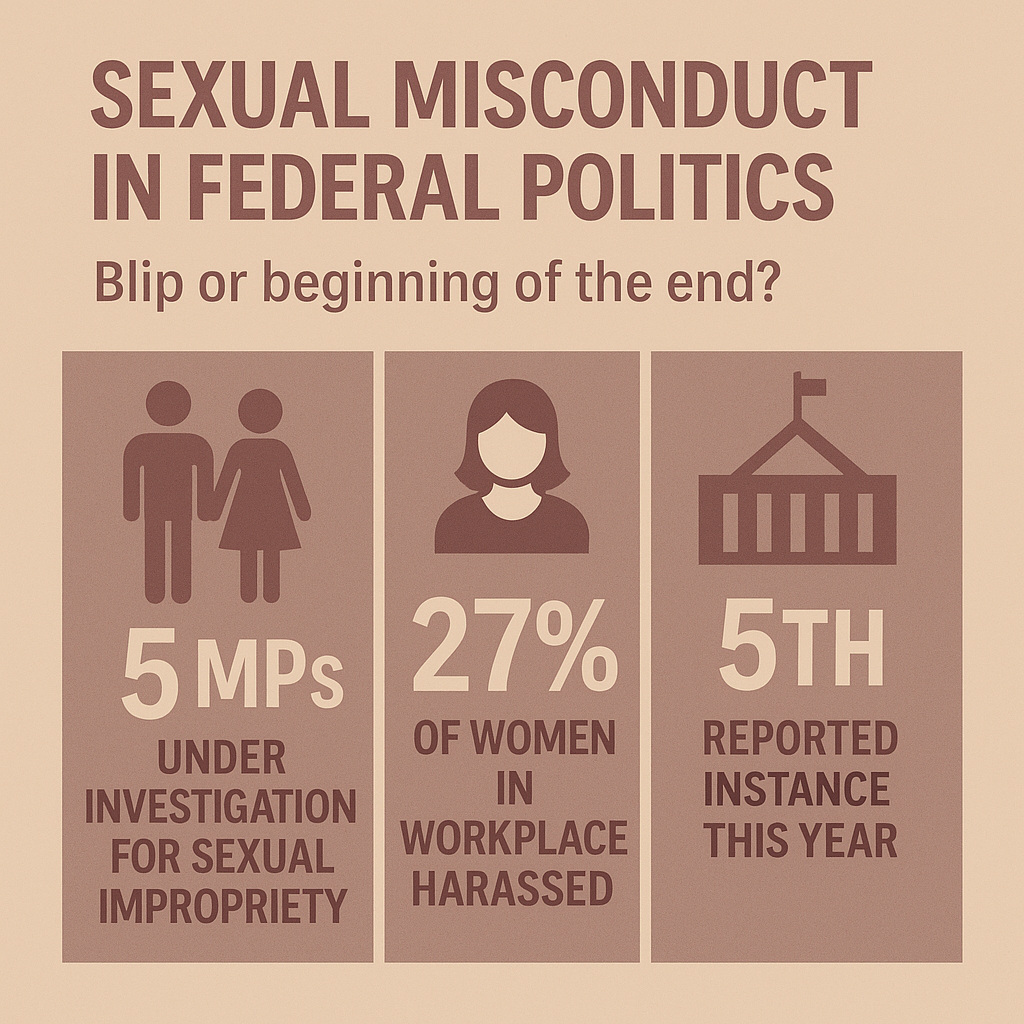
Landmark Moment for Survivors: The Role of Victim Support Groups
The Gareth Ward case is undeniably being viewed as a landmark moment for survivors of sexual assault. For too long, individuals in positions of power have, at times, seemed to operate with a degree of impunity. This conviction sends a powerful message that even those at the highest levels of government are subject to the same laws as every other citizen.
Victim support groups across Australia have played a crucial role throughout this process, offering invaluable support to the victims in this case and to survivors more broadly. Organizations like 1800RESPECT (the national domestic, family, and sexual violence counselling, information, and support service) and state-based sexual assault support services (such as those listed by the National Association of Services Against Sexual Violence - NASASV) provide confidential counselling, advocacy, and a safe space for those impacted by sexual violence. Their ongoing advocacy for stronger legal frameworks, better support services, and greater accountability has been instrumental in shifting public discourse and legal outcomes. This case, in particular, will embolden other survivors to come forward, knowing that justice is attainable, even against powerful figures.
The Digital Echo Chamber: Social Media and Ethical Media Coverage
The digital age has profoundly shaped the conversation around the Gareth Ward case. Platforms like X (formerly Twitter), Facebook, and TikTok became immediate arenas for public discourse, with news of the charges and subsequently the conviction spreading rapidly. These platforms facilitated both the dissemination of factual updates from reputable news organizations and, unfortunately, the proliferation of speculation, misinformation, and even defamatory content. The anonymity offered by some platforms also allowed for unfiltered public anger and victim-blaming in some instances.
The role of media in covering the trial has been a delicate balancing act between journalistic duty and ethical sensitivity. Reputable news outlets largely adhered to reporting facts, respecting sub judice rules during the trial, and prioritizing the privacy and welfare of the victims. However, the intense public interest inevitably led to heightened scrutiny and the challenge of preventing sensationalism. The ethical imperative to avoid re-traumatising victims, while still providing comprehensive and accurate reporting, was a constant tension. This case highlights the need for continued vigilance in ethical journalistic practices, particularly when dealing with sensitive and high-profile criminal matters involving sexual assault.
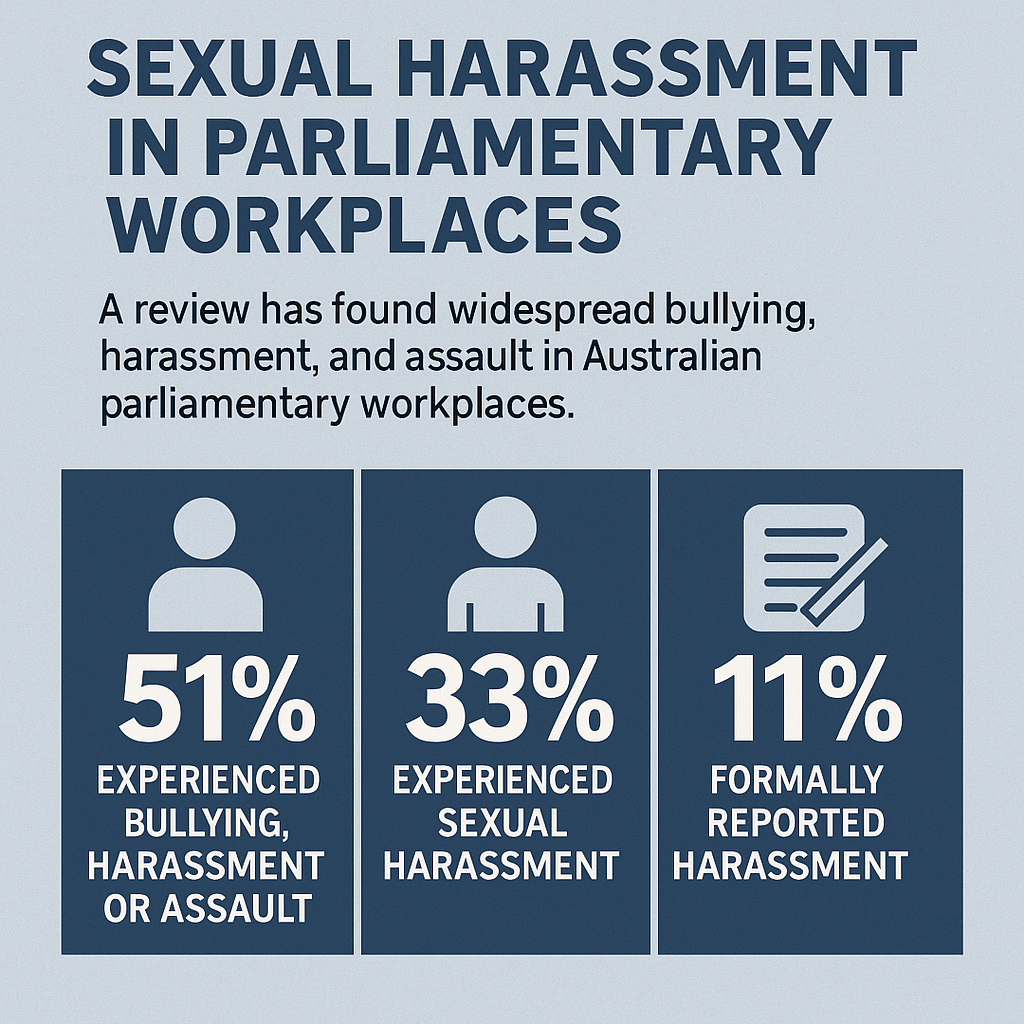
Policy Changes and Preventative Measures: Towards a Safer Political Culture
Gareth Ward's conviction has reignited calls for potential policy changes and code-of-conduct reforms within political institutions. The legal grey areas surrounding criminal convictions of elected officials and the standards expected of those in public office are now under intense scrutiny.
Discussions are likely to intensify around:
- Automatic suspension or disqualification: While Ward was suspended, there's a debate about whether criminal charges of a certain severity should trigger automatic suspension or even disqualification from public office pending legal proceedings, to protect the integrity of parliament and public trust.
- Strengthening internal complaint mechanisms: Political parties and parliamentary bodies may review and strengthen their internal mechanisms for reporting and investigating sexual misconduct allegations, ensuring they are independent, confidential, and survivor-centric.
- Mandatory training and cultural change initiatives: Implementing mandatory training for all elected officials and parliamentary staff on respectful workplace behaviour, consent, and the prevention of sexual harassment and assault is crucial. This needs to be part of a broader cultural shift within political institutions, moving away from a hierarchical structure that can sometimes enable abuse of power.
- Code of Conduct reforms: Revisiting and updating codes of conduct for parliamentarians to explicitly address sexual misconduct, with clear disciplinary actions for breaches, will be essential.
The Respect@Work Report by the Australian Human Rights Commission (2020) and the subsequent Anti-Discrimination and Human Rights Legislation Amendment (Respect at Work) Act 2022, which introduced a positive duty on employers to prevent workplace sexual harassment, offer a blueprint for such reforms. While these apply to workplaces generally, their principles are highly relevant to parliamentary settings.
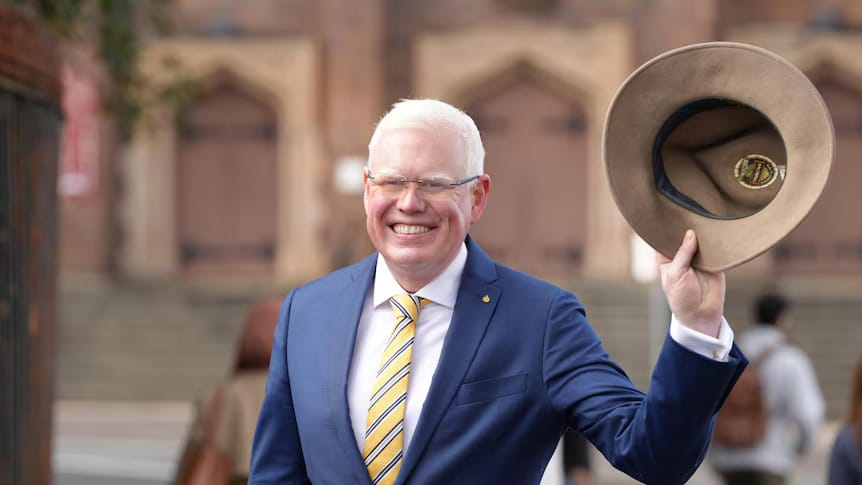
A Global Reflection: Power Abuse Beyond Borders
Gareth Ward's case, while deeply impactful for Australia, is not an isolated phenomenon. Placing it in a global context reveals a disturbing universal issue of power abuse within political spheres. Similar scandals have rocked governments in the United Kingdom, the United States, and numerous other nations.
For instance, the #MeToo movement brought to light numerous instances of sexual misconduct by politicians in the US, leading to resignations and shifts in public perception. The UK has also seen its share of high-profile cases, including allegations against former MPs and figures in various political parties. These international parallels underscore that the issue transcends national borders and political systems. The underlying factors often include:
- Asymmetrical power dynamics: The inherent power imbalance between elected officials and their staff, constituents, or even junior colleagues.
- Culture of impunity: A historical reluctance or inability to hold powerful individuals accountable, often due to political expediency or a "boys' club" mentality.
- Secrecy and cover-ups: The tendency for political institutions to protect their own, leading to a lack of transparency and justice for victims.
Ward's conviction, therefore, serves as a stark reminder that while the specifics may differ, the systemic vulnerabilities that allow sexual misconduct to fester in political environments are remarkably consistent across the globe.
Takeaway: The Unveiling of the Iceberg
Gareth Ward's conviction is far from an outlier. Instead, it is a glaring and painful crack in the veneer of Australian politics, revealing the tip of a much larger iceberg of systemic issues. While individual accountability has been achieved in this instance, the real work lies in addressing the underlying cultural and institutional vulnerabilities that enable such abuse of power. This case serves as a critical turning point, demanding not just condemnation but fundamental reforms that prioritize safety, transparency, and unwavering accountability for all, regardless of their position. The strength of the survivors who came forward in this case has ignited a powerful call for change, and the nation now watches to see if its political leaders are prepared to truly answer it.
What do you think?
How can political parties and parliamentary bodies ensure truly independent and confidential avenues for reporting sexual misconduct, free from political interference? Beyond legal frameworks, what cultural shifts are necessary within Australian politics to genuinely prevent sexual misconduct and foster environments of respect and safety?
Sources
Justia, Cornell Law, BoomLive, Wayback Machine, Google Trends, ABC News, 7NEWS, The Daily Aus, Civics Australia, Department of Home Affairs, Australian Human Rights Commission, NASASV, 1800RESPECT, Wikipedia, The Conversation Australia.




